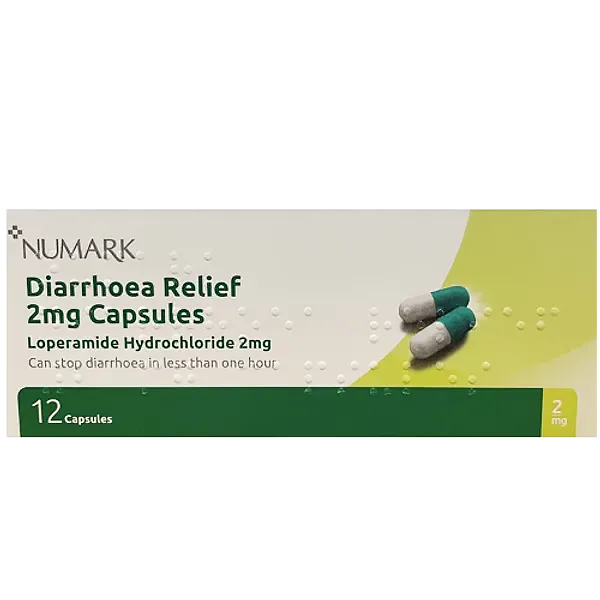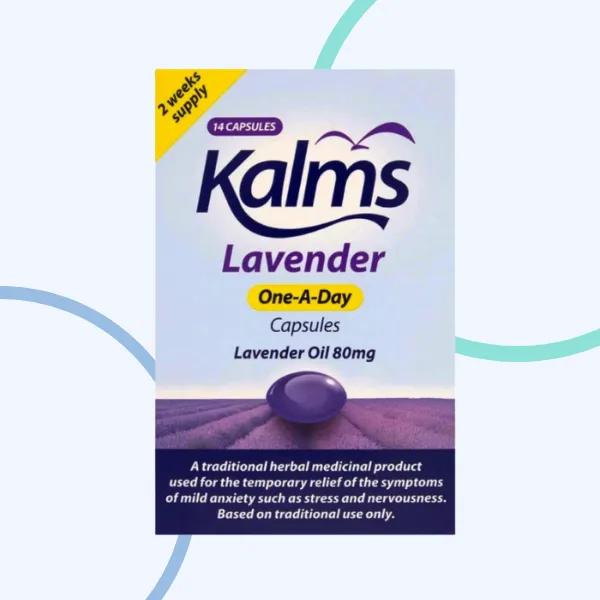- Home
-
-
-
-
-
-
-
-
- Skincare
- Sleep
- Buy Sleeping Tablets
- Migraine
- Diarrhoea & Constipation
- Threadworms
- Trapped Wind
- Haemorrhoids/Piles & Anal Fisure
- Dandruff
- Fungal Infections
- Scars, Cellulite & Stretch Marks
- Warts & Verrucas
- Cough & Cold
- Excessive Sweating
- Lice & Scabies
- Snoring
- Children & Babies
- Nausea
- Managing Medication - Pill Boxes And Tablet
- Acid Reflux & Heartburn
-
- Feminine Underwear
- Angina And Heart Health
- Children's Healthcare
- Cystitis & Urinary Infections
- Coughs, Cold And Flu
- Hair Care - Head Lice & Nits
- Skin Care.
- Hangover Relief
- Hayfever & Allergy Relief
- Health Monitoring & Diabetes
- Herbal Remedies
- Excessive Sweating
- Lip Care
- Nasal Care.
- First Aid
- Oral Health
- Ostomy Care & Catheter Care
- Pain Relief Care
- Piles & Haemorroids
- Sleeping Aids
- Thrush Treatments
- Travel Health
- Vaginal Infections
- Vertigo
- Digestion & Indigestion
- Toiletries
- Incontinence Care
- Low Protein
- Multivitamins & Supplements
- Baby Milk & Formula's
- Wound Management
- Diabetes Test Strips & Needles
- Feminine Hygiene
- Male Enhancement
- Eye Care
- Ear Care
- Mouth Care
- Foot Care
- Health Care
- Oral Trush
- Sun Care.
- Acne Care
- Rosacea Skin Care
- Psoriasis Skin Care
- Eczema Skin Care
- Hair Loss Care
- Quit Smoking Aids
- Asthma Healthcare
- CBD & Herbal Remedies
- Immunity
- Bone
- Nutritional Drinks
- Worms
- Baby Healthcare
- Bites & Sting Relief
- Chicken Pox
- Urinary/Bladder Problems
- Vaginal Dryness
-
-
-
- Contraceptive Pill
- Morning After Pill
- Period Delay
- Alternative Contraceptives
- Bacterial Vaginosis
- Period Pain
- Hormone Replacement Therapy (HRT)
- Vaginal Dryness
- PCOS
- Feminine Hygiene Underwear
- Female Hormones Test
- Women's Health - Thrush
- Cystitis Treatments
- Hirsutism (Hair Removal)
- (UTIs) Urinary Tract Infections
-
-
-
-
Azithromycin 500mg (3 Tablets)
- Categories: Pharmacy Shop Travel Health
Guaranteed Safe Checkout
Azithromycin 500mg (3 Tablets)
Azithromycin 500mg is supplied in the form of film-coated tablets. Each pack contains three tablets, designed in a solid, easy-to-swallow format for convenient use.
Key Features
- Contains 500mg per film-coated tablet
- Pack includes 3 tablets
- Solid and easy-to-swallow design
- Supplied in secure blister packaging
- Suitable for adult use only
Product Information
Azithromycin 500mg tablets are film-coated for ease of swallowing and consistent quality. Each pack is sealed in protective blister packaging to maintain product integrity. The compact pack design makes it practical for storage and travel.
Note
This product is intended for adult use only. Keep out of reach of children. Store in a cool, dry place away from direct sunlight. Not suitable for use during pregnancy or breastfeeding unless directed. Always follow the instructions provided with the product.





































































